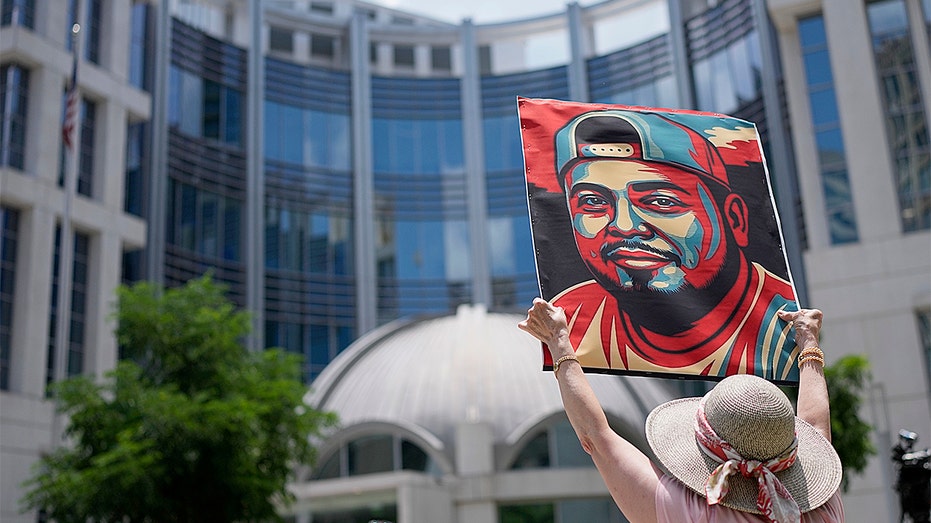A quiet unease is settling over the nation as artificial intelligence rapidly weaves itself into the fabric of everyday life. While many embrace the convenience, a significant portion of voters harbor deep reservations about AI’s ultimate impact, questioning whether its influence will truly be a force for good.
The latest survey reveals a stark contrast in perception. Half of voters view AI positively in their daily routines, but that number plummets when considering its potential effects on mental well-being and society as a whole – dropping to just 37% in both cases. This suggests a growing anxiety about the unseen consequences of increasingly intelligent machines.
For those currently employed, a slight optimism prevails: 51% believe AI is beneficial to their present job. However, this confidence falters when looking ahead. Only 43% anticipate a positive impact on their long-term career prospects, while a concerning 48% foresee negative repercussions.
A clear divide emerges along demographic lines. Men, Republicans, higher-income households, and parents are significantly more likely to view AI favorably across all areas. Conversely, women, Democrats, those with lower incomes, and individuals without children express greater skepticism.
Education levels also play a crucial role. Voters with a college degree consistently demonstrate a more positive outlook on AI’s influence – by a margin of at least 10 percentage points – compared to those without a degree, across all measured categories.
Looking to the future, a widespread fear of job displacement dominates the conversation. A staggering 58% of voters believe AI will eliminate more jobs than it creates within the next five years, a sentiment echoed across nearly all demographic groups. Only 10% anticipate a net gain in employment.
While widespread panic isn’t yet evident, a significant minority of employed voters – roughly three in ten – express serious concern about the security of their current positions. However, a larger proportion remain unconcerned, with nearly 29% reporting no anxiety whatsoever.
Certain sectors feel particularly vulnerable. Professionals in sales, real estate, finance, and healthcare are significantly more likely to worry about job losses compared to those in education, agriculture, construction, or food service. This highlights the uneven distribution of risk in the age of AI.
Beyond industry, specific voter groups are also more apprehensive. Very liberal voters, urban residents, those aged 45-54, and younger men are among the most concerned about their future employment prospects in a world increasingly shaped by artificial intelligence.
The survey, conducted in mid-November, paints a complex picture of a nation grappling with the promise and peril of a technological revolution. It reveals a cautious optimism tempered by genuine anxieties about the future of work, mental well-being, and the very fabric of society.






